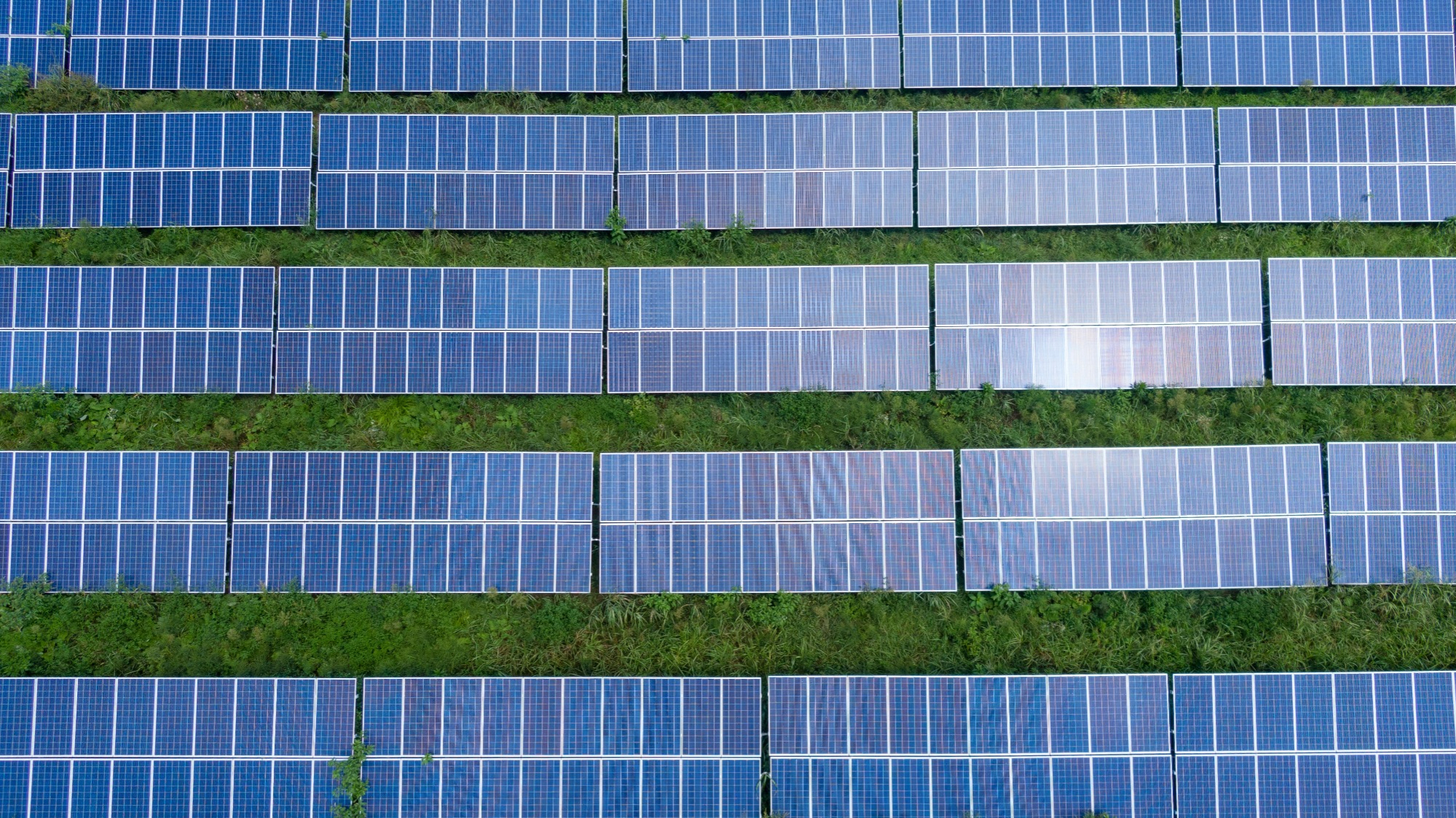

The International Energy Agency’s (IEA) World Energy Outlook 2022 claims that the world is at a “historic turning point” in regards to transitioning away from fossil fuels. The report says that while the war in Ukraine led to a global energy crisis, the shortage is spurring long-lasting changes that will speed up the transition to more sustainable and secure energy.
Following Russia’s invasion of Ukraine in February, an energy crisis spread around the world as natural gas and gasoline prices surged. Since then, governments around the world have been working to find additional sources of energy to make up for the deficits due to the war. Early on, some worried that this fear could hamper efforts to transition to renewable energy, and the United States and the United Kingdom both pledged to encourage more fossil fuel extraction to ease prices.
However, according to a statement from IEA executive director Faith Birol, the current energy crisis, “is in fact going to accelerate the clean energy transition.” Birol also added that, “We are approaching to the end of the golden age of gas,” in a press conference following the report’s publication.
[Related: What a key natural-gas pipeline has to do with the Russia-Ukraine crisis.]
The report also finds that commitments to clean energy contributed to the run-up in energy prices and more renewable energy was were correlated with lower electricity prices. Additionally, more more energy efficient homes and electrified heat have been an important financial buffer for some customers, but it is not enough. “The heaviest burden is falling on poorer households where a larger share of income is spent on energy,” the report says.
The planned investments in green energy in response to the crisis means that government policies would lead to demand for polluting fossil fuels peaking in 2025, according to the report. The IEA referenced the European Union’s emissions reduction package, the US Inflation Reduction Act, Japan’s Green Transformation (GX) Program, and the ambitious clean energy targets in India and China, and others as notable responses to the energy crisis.
“Energy markets and policies have changed as a result of Russia’s invasion of Ukraine, not just for the time being, but for decades to come,” said Birol, in a statement. “Even with today’s policy settings, the energy world is shifting dramatically before our eyes. Government responses around the world promise to make this a historic and definitive turning point towards a cleaner, more affordable and more secure energy system.”
[Related: Europe’s energy crisis could shut down the Large Hadron Collider.]
This increased clean energy investment will cost Russia $1 trillion in lost fossil fuel revenues by 2030, according to the report. Previously among the world’s largest exporters of fossil fuels, Russia would have a, “much diminished role in international energy affairs” as the world’s reliance on burning methane gas for power falls, Birol added.
The report also makes the case that cleaner technologies are now more economically feasible and are part of creating stronger energy security in the future. However, more financial investment in clean energy is still needed to meet these goals. In order to reach net zero emissions by 2050, more than $4 trillion in investment is needed. It also highlights the need to attract more investors to the clean energy sector.
“Amid the major changes taking place, a new energy security paradigm is needed to ensure reliability and affordability while reducing emissions,” Birol said. “And as the world moves on from today’s energy crisis, it needs to avoid new vulnerabilities arising from high and volatile critical mineral prices or highly concentrated clean energy supply chains.”
